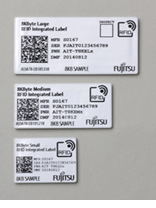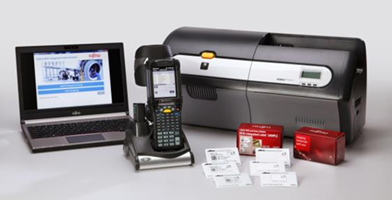Archived content
NOTE: this is an archived page and the content is likely to be out of date.
Fujitsu to Supply Boeing with RFID Technology to Manage Aircraft Components
Supporting greater aircraft manufacturing productivity using Fujitsu's RFID labels that feature outstanding environmental durability
Fujitsu Limited
-
[1] SAE AS5678 standard
Issued by the Society of Automotive Engineers (SAE) in December 2006, SAE AS5678 is a standard defining environmental specifications and test methods for passive RFID labels used in aviation applications. SAE has categorized and defined environmental specifications for RFID label use in the three environmental categories of "Standard," "Robust," and "Harsh."
-
[2] ATA Spec 2000
A standards document promulgated by Airlines for America (A4A), formerly known as Air Transport Association of America, Inc. (ATA), that defines information exchange and processing sequences for aircraft parts, materials and reliability information. Chapter 9 defines requirements for barcodes, 2D codes, and RFID tags affixed to parts.
About Fujitsu
Fujitsu is the leading Japanese information and communication technology (ICT) company, offering a full range of technology products, solutions, and services. Approximately 156,000 Fujitsu people support customers in more than 100 countries. We use our experience and the power of ICT to shape the future of society with our customers. Fujitsu Limited (TSE: 6702) reported consolidated revenues of 4.7 trillion yen (US$41 billion) for the fiscal year ended March 31, 2016. For more information, please see http://www.fujitsu.com.
All company or product names mentioned herein are trademarks or registered trademarks of their respective owners. Information provided in this press release is accurate at time of publication and is subject to change without advance notice.
Date: 24 April, 2017
City: Tokyo
Company:
Fujitsu Limited

